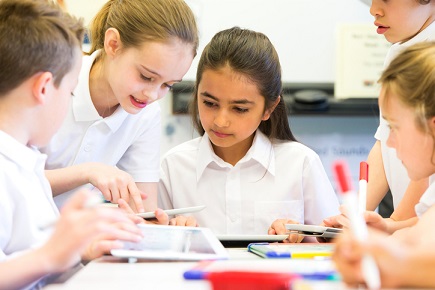
A new study by the Organisation for Economic Co-operation and Development (OECD) will provide insights on how schools can support students to develop social and emotional skills.
Australian Council for Educational Research’s (ACER) Research Conference 2019, being held in Melbourne today, will show how OECD trials of a new measure of these important skills could soon give countries access to internationally comparable information on the wellbeing of their students.
The field trials for the OECD Study on Social and Emotional Skills involved 14 000 students aged 10- and 15-years in selected cities in Canada, China, Colombia, Finland, Italy, Portugal, Russia, South Korea, Turkey and the United States.
Dr Thomson is one of 29 speakers at ACER’s annual conference, which this year addresses the theme, ‘Preparing students for life in the 21st Century: Identifying, developing and assessing what matters’.
Other speakers include Professor Neil Selwyn, Monash University Faculty of Education, Dr Michele Bruniges AM, Secretary, Australian Department of Education and Training, Robert Randall, former CEO of the Australian Curriculum, Assessment and Reporting Authority (ACARA and a host of other experts.
“There is an increasing recognition by policymakers that social and emotional skills are vital for modern life,” ACER’s deputy CEO of research, Dr Sue Thomson, said
“Children who have strongly developed skills in self-control or perseverance, for example, are more likely to finish reading a book, or finish their homework, which in turn contributes to further enhanced cognitive skills.”
According to Dr Thomson, students participating in the study self-report against 19 specific social and emotional skills and provide contextual information about their family and peer relations, school life and wellbeing, attitudes and aspirations.
She said parents and a teacher who knows the student well respond to the same questions, thereby allowing the study to compare across home and school domains and paint a picture of skill development across childhood and adolescence.
“It is hoped that results from the main study will provide information about the conditions or practices that foster or hinder the development of these critical skills,” Dr Thomson said.


